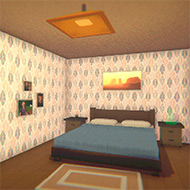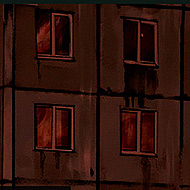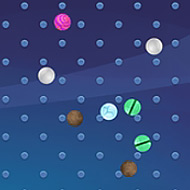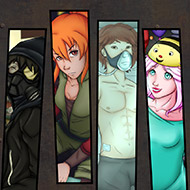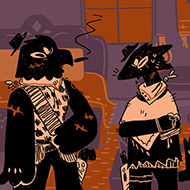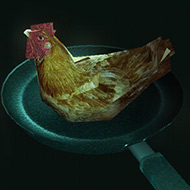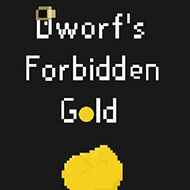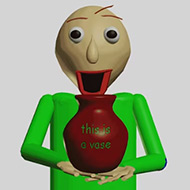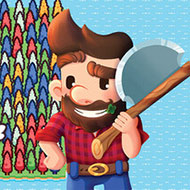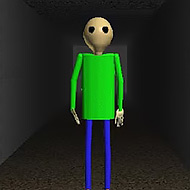Abodtion is a deeply introspective first-person experience where the walls of a small apartment hold more than furniture—they echo with memory, isolation, and loss. Through a careful process of unpacking boxes and rearranging belongings, this game explores the weight of the unseen, asking players to read between the lines and find meaning where nothing is explicitly said. It’s not about winning, escaping, or surviving—it’s about uncovering what was left behind.
Every Object Tells a Story
The gameplay in Abodtion is rooted in interaction rather than challenge. You arrive in a modest living space surrounded by cardboard boxes. With no tutorial or instruction, you’re left to begin unpacking the belongings of someone who may or may not be you. The game doesn’t need words—it uses space, silence, and object placement to construct an emotional narrative.
-
• Unpack and Observe: Each item has weight—literal and emotional. Its placement (or refusal to be placed) carries meaning.
• Subtle Environmental Changes: Lighting, shadows, and sounds shift as your actions progress the emotional tone of the space.
• Minimal Mechanics, Maximum Emotion: There are no puzzles to solve, only internal questions to consider as you interact.
Rather than pointing players toward a fixed storyline, Abodtion invites interpretation. What you take from it depends on where your mind goes as the apartment fills with silent clues.
Uncomfortable Stillness and Psychological Layers
Abodtion thrives in stillness. The quiet apartment becomes increasingly oppressive not through jump scares or threats, but through suggestion. A photograph out of place. An object that refuses to stay in a drawer. A light that flickers for just a moment longer than it should. These moments force reflection—who lived here? Why were these items packed away? And what memories cling to them?
-
• Abstract Themes: Loneliness, trauma, guilt, and disassociation are represented through domestic items and muted environments.
• Symbolic Design: Objects don’t just represent a person—they represent an emotion or unfinished thought.
• Sound as a Narrative Tool: The hum of appliances and sudden silences speak more loudly than words.
As more items are unpacked, the apartment feels less like a home and more like a memory loop you’ve been through before. This cyclical discomfort adds to the eerie beauty of the game.
No Answers, Only Echoes
Abodtion doesn’t end with closure or clarity. There’s no text to explain what happened or who the protagonist is. There’s only the space, now full, and the lingering sense that some emotions never fully leave. It’s a rare kind of game that trusts players enough to sit with ambiguity, to form their own narrative, and to feel deeply uncomfortable without ever being explicitly told why.
Whether you’re arranging a single cup on a shelf or closing a drawer for the third time, every motion has weight in this world. It is a narrative experience built not from exposition, but from resonance—the emotional kind that lingers long after you’ve stepped away from the screen.
Experience a New Kind of Storytelling
Abodtion offers something rare: a quiet, haunting, emotionally rich game that asks more questions than it answers. For players seeking a slower, more meditative experience that challenges the norms of game storytelling, Abodtion provides a deeply human tale told through placement, space, and silence.
This is not a game that ends when the credits roll—it ends when the last emotional echo fades from your memory. If you’re ready to explore a space filled with hidden truths and quiet sorrow, then Abodtion awaits you, one box at a time.














































